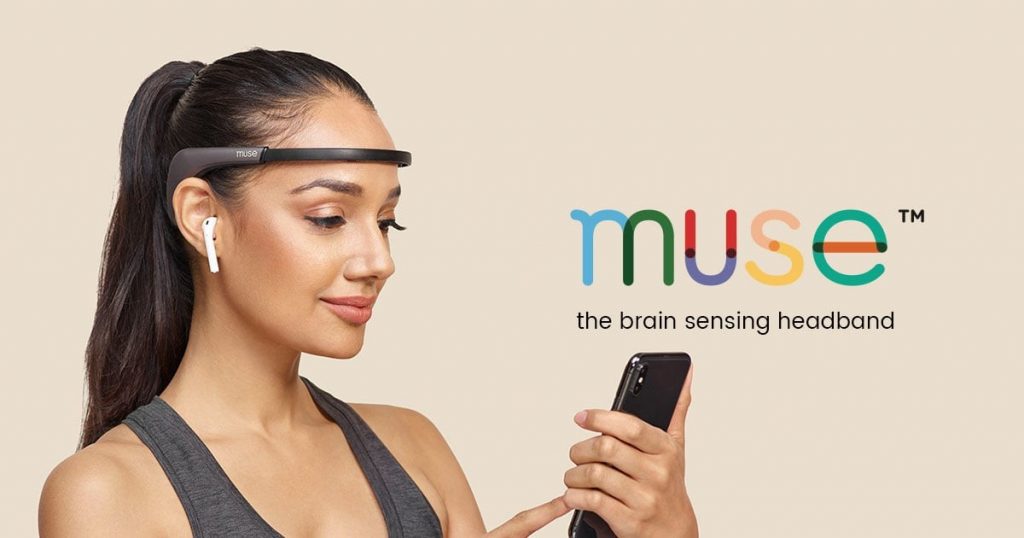WIMTACH supports Interaxon with E-textile expertise

Interaxon and WIMTACH have partnered in an applied research project to discover the best durable e-textile fabric suited for supporting the functionalities of Muse headbands. Muse is a brain-sensing headband that measures brain signals to provide immediate biofeedback for meditation and sleep monitoring. John Sheeran, the Vice President of Hardware at Interaxon, is very pleased about the partnership and is excited to see the innovations that will be created through this collaboration. “[The partnership] is almost like a match made in heaven,” he said.
The research project has been brought on by the ongoing drive to build on the durability of Muse Headbands and enhance the fabric materials even further, continually improving the efficacy of the device. “As with any advancing technology, in some cases the headbands would stop working,” said Sheeran. Interaxon engineers continue to develop on conductive materials to enhance signal capture and processing for clear signal capture and reliability. “Being a small company, we don’t have that many resources to be able to do the field-born investigation so, having the opportunity to go through the WIMTACH program and have the college help out with that was a fantastic opportunity for us,” he said.
The WIMTACH team is currently testing different conductive materials to develop the best fabric possible for Muse headbands. “I am 100 percent sure we’ll achieve that,” said Sheeran. “Based on where we are right now, I believe that we will achieve the goal, and I actually think we may take it a step further,” he said. The results of the collaboration will be instrumental in assisting the Interaxon engineering team and the development of a sustainable solution. “It’s a fantastic opportunity for us,” he said. “Having the opportunity relieved a lot of work.”
This applied research project is led by Centennial College Professor Robert Wilson, Co-principal investigator Omid Mokhtari and two Centennial College Student Researchers: Lakshmi Gopi and Amal Surendran. Sheeran is glad to be working with Centennial College students to explore different pathways to a solution. “It’s great to collaborate with them,” he said. “They are both outstanding people and it’s a pleasure to work with them.” Sheeran noted that since there is an open line of communication throughout the project development process, he can easily exchange ideas with the team and share his independent findings as the WIMTACH team continues research. This has enabled the project to develop and produce meaningful results quite quickly. “It’s been really good from that collaborative perspective,” he said.
Interaxon will expand its services to continue its efforts to bring health and wellness to more communities. Their team will be adding other sensors to their technology and Sheeran is confident about the possibility of future collaborations with WIMTACH for this initiative.
WIMTACH proudly recognizes funding to support this work from Natural Sciences and Engineering Research Council of Canada (NSERC) with Applied Research and Technology Partnership grants (ARTPs)

For further information, please send press inquiries to ptyagi@centennialcollege.ca


0